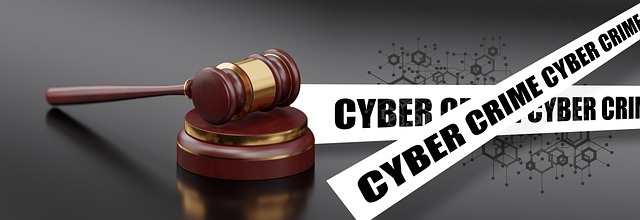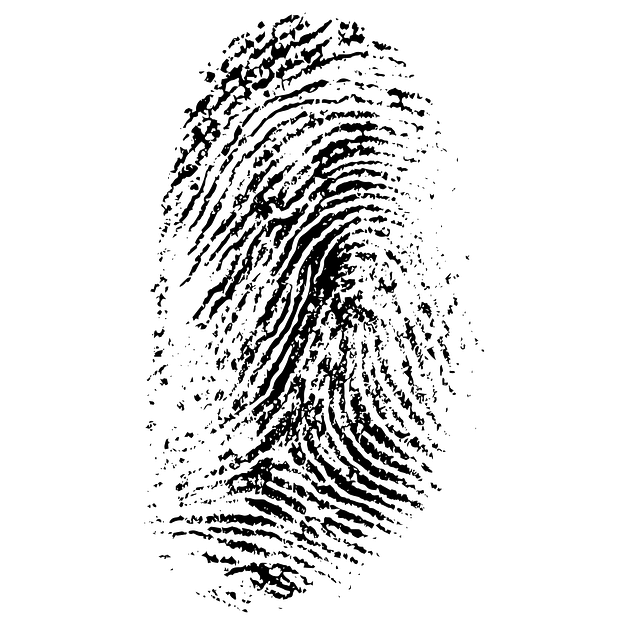Recent reforms in criminal law prioritize justice, fairness, and rehabilitation through restorative practices, digital forensics, and alternative dispute resolution. Access to legal aid is crucial for equality and preventing wrongful convictions. Digital forensics has revolutionized crime investigation and evidence collection. Accused persons have fundamental rights, including the right to silence, legal representation, and a fair trial, with the presumption of innocence until proven guilty. These advancements aim to address historical inequities, enhance efficiency, and ensure fairness in the criminal justice system.
Stay informed with the latest developments in criminal law. Our comprehensive guide delves into key areas shaping legal landscapes, from recent reforms and their far-reaching impact to the evolving role of digital forensics. Explore essential rights of accused persons and understand the critical support offered by legal aid. Discover how these elements interplay, ensuring fairness and justice within our legal system. Dive deeper into criminal law with our insightful analysis.
- Latest Criminal Law Reforms and Their Impact
- Understanding the Role of Legal Aid in Criminal Cases
- The Evolution of Digital Forensics and Its Implications
- Rights of Accused Persons: A Comprehensive Overview
Latest Criminal Law Reforms and Their Impact

The latest reforms in criminal law reflect a growing emphasis on justice, fairness, and rehabilitation. These changes are driven by advancements in legal theory and societal values, aiming to address historical inequities within the system. One notable trend is the increased focus on restorative justice practices, which prioritize victim participation and community involvement in the sentencing process, fostering healing and reintegration for offenders.
Moreover, recent reforms have streamlined procedures, enhancing efficiency without compromising fairness. These include advancements in digital forensics, improved evidence collection protocols, and alternative dispute resolution methods such as mediation and plea bargaining. Such innovations not only expedite trials but also contribute to more accurate outcomes, ensuring that criminal law keeps pace with technological and societal advancements while upholding the principles of a just and effective legal system.
Understanding the Role of Legal Aid in Criminal Cases

In the realm of criminal law, access to legal aid plays a pivotal role in ensuring fairness and justice for all individuals involved. Legal aid organisations provide critical support to those who cannot afford private legal representation, offering a safety net for defendants facing serious charges. These services are instrumental in navigating complex criminal proceedings, from initial investigations to trials and appeals. By assigning qualified attorneys, legal aid organisations ensure that accused persons understand their rights, receive adequate defence strategies, and have a fair chance at a just outcome.
Understanding the significance of legal aid in criminal cases is essential given the high-stakes nature of these legal battles. It empowers individuals from diverse socio-economic backgrounds to exercise their right to legal representation. This level of access promotes equality before the law, prevents wrongful convictions, and safeguards the rights guaranteed under criminal legislation. In essence, legal aid acts as a cornerstone in maintaining the integrity and fairness of the criminal justice system, fostering trust among citizens and ensuring that everyone receives a proper hearing.
The Evolution of Digital Forensics and Its Implications

The digital age has brought about a significant evolution in the field of forensics, particularly within the realm of criminal law. Digital forensics, once a niche and relatively rudimentary discipline, has now become an indispensable tool for investigators and prosecutors worldwide. With the ubiquitous nature of technology in modern society, digital evidence plays a pivotal role in unraveling crimes, ranging from cybercrimes to traditional physical offenses. This evolution has been characterized by advancements in techniques to extract, analyze, and preserve digital data while ensuring its admissibility in court.
The implications of this transformation are profound. For criminal law practitioners, understanding digital forensics is crucial for effectively utilizing electronic evidence. It allows for more comprehensive investigations, enhances the accuracy of crime scene analysis, and often provides a crucial link between suspects and the commission of crimes. As technology continues to advance, so too will the capabilities and applications of digital forensics, further solidifying its place as a cornerstone in the pursuit of justice within criminal law.
Rights of Accused Persons: A Comprehensive Overview

In any criminal law system, the rights of accused persons are a cornerstone of fair and just proceedings. These individuals, while facing serious allegations, have specific entitlements guaranteed to ensure their protection and a level playing field during investigations and trials. One of the fundamental tenets is the right to silence, allowing them to refuse to answer questions that may incriminate themselves, as established in the Fifth Amendment of the US Constitution or similar provisions in other jurisdictions. Additionally, accused persons are entitled to legal representation, ensuring they have access to a lawyer who can provide defense strategies and protect their interests.
Furthermore, they have the right to be informed of the charges against them, often referred to as the “right to know.” This includes understanding the nature and cause of the accusation, enabling them to mount an appropriate defense. The presumption of innocence is another critical aspect, meaning individuals are considered innocent until proven guilty beyond a reasonable doubt. This principle safeguards against wrongful convictions and ensures that the burden of proof lies squarely on the prosecution. These rights form the basis for navigating the complex criminal law landscape, ensuring fairness and due process for all accused persons.
In conclusion, the realm of criminal law is constantly evolving, shaped by recent reforms, technological advancements in digital forensics, and a growing emphasis on accused persons’ rights. As we navigate this dynamic landscape, access to quality legal aid plays a pivotal role in ensuring fairness and justice. By staying informed about these developments, both within the courtrooms and in the digital sphere, folks can foster a more knowledgeable and engaged society, ultimately revolutionizing the way criminal law is perceived and practiced.
